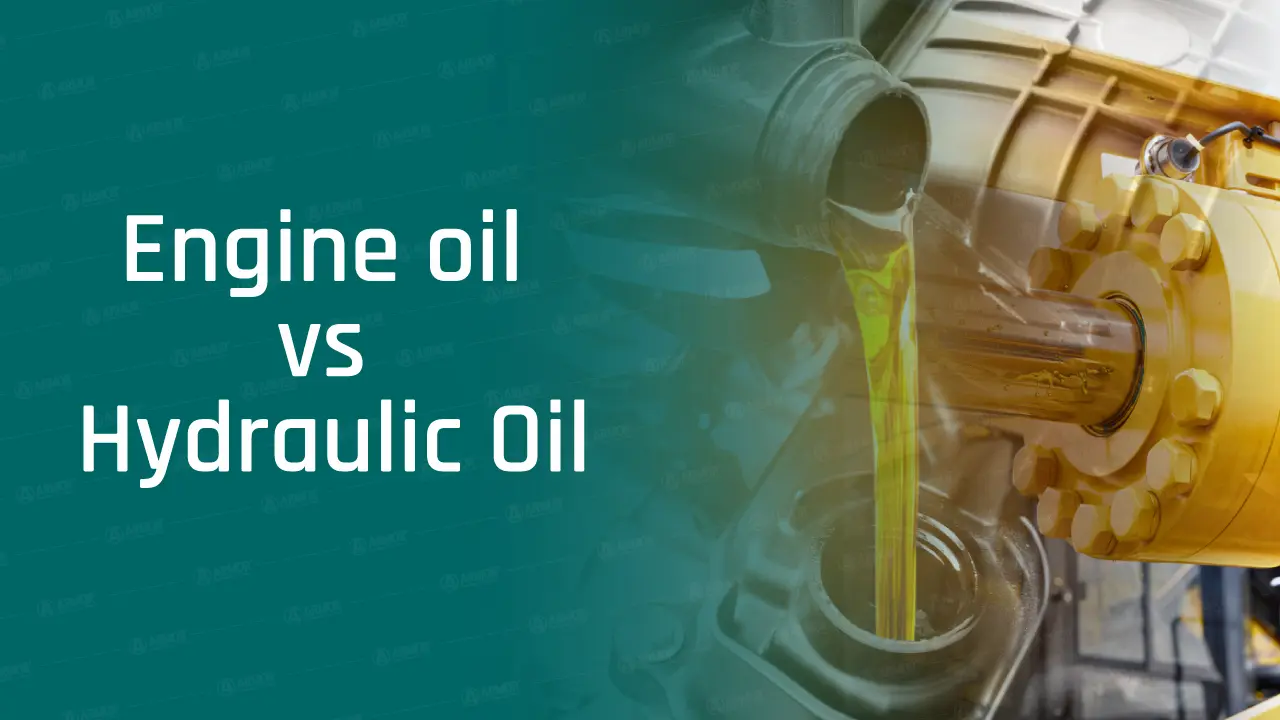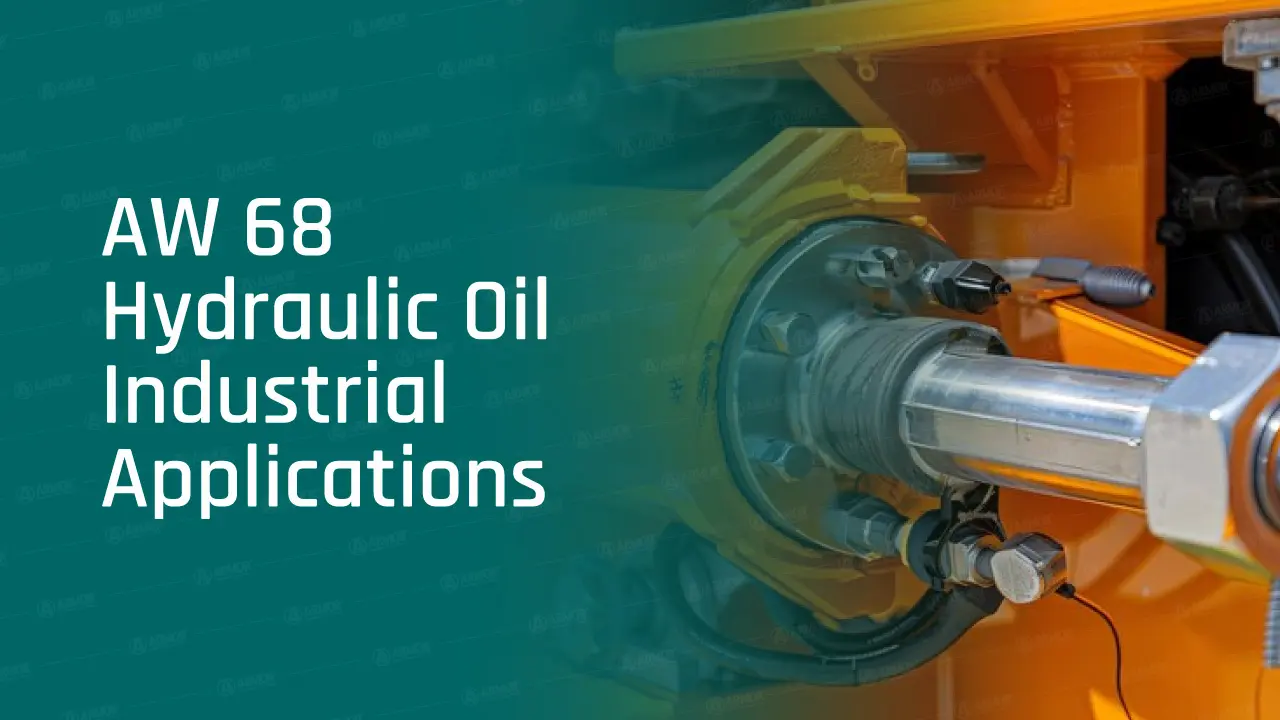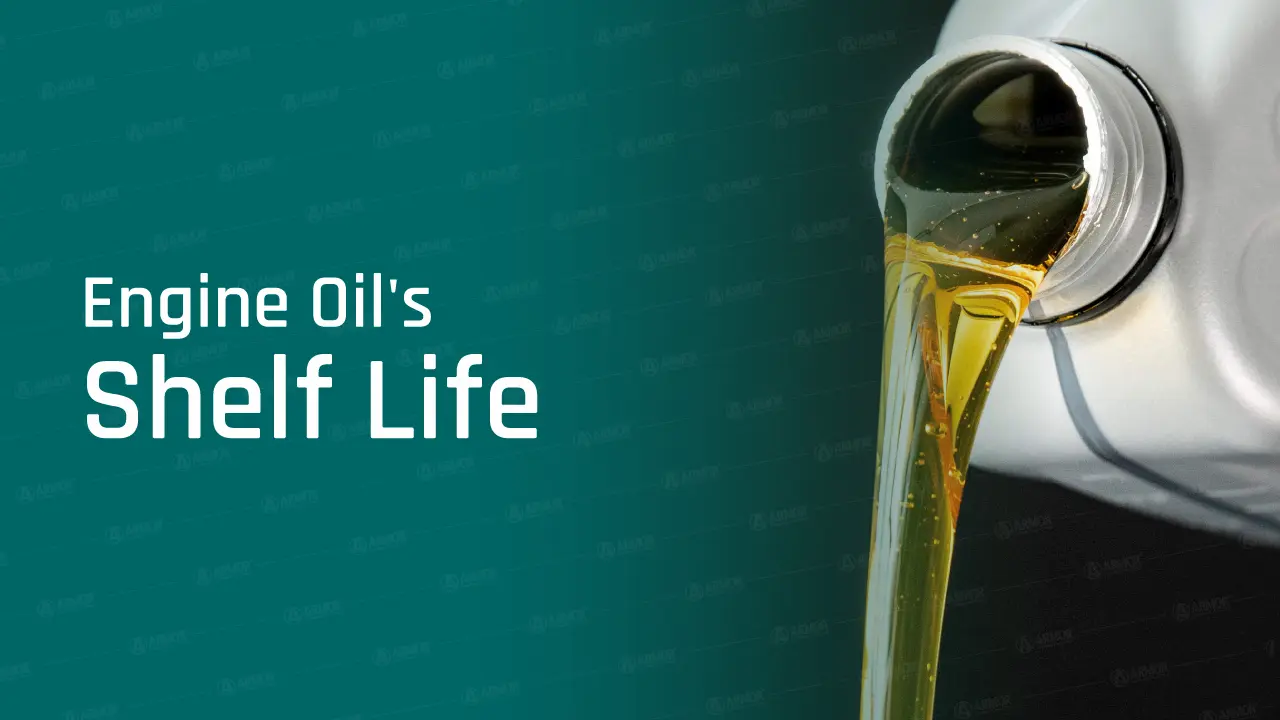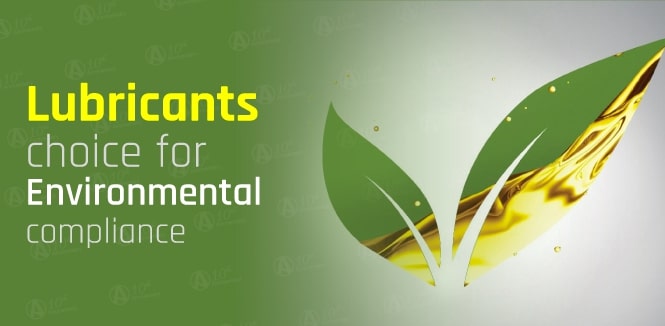- Armor Blog
- Industry
- Are You Using the Right Hydraulic fluid for your Hydraulic System?
Identifying the Ideal Hydraulic Fluid for Your System
The hydraulic fluid is the cornerstone of any hydraulic system’s effective operation because the right one ensures optimal power and energy transmission from one component to another with minimal power loss.
When you head to the market, and see different options like Hydraulic Oil 10W, hydraulic oil 46, Hydraulic oil 32, and hydraulic oil 68 the price should not be the only factor to choose if you want your equipment to work efficiently.
Here is how you can verify that you have the suitable oil at the end of the day:
Check the Manufacturer’s Recommendations
the manufacturer always knows better, keep it in mind whenever you need to refill the system with hydraulic fluid. Check the manual, the Best hydraulic oil for your machinery is typically specified there.
Operating Environment
The performance of the hydraulic fluid is directly affected by the conditions in which the equipment operates, because fluid’s properties and characteristics needed can vary based on temperature. Cold environment require fluid with a lower viscosity index, whereas hotter environments call for hydraulic oil with higher viscosity index.
Fluid Properties
There are plenty of different hydraulic fluids because they have different properties to serve distinct purposes. Always buy hydraulic oil with viscosity, wear resistance, and thermal stability in mind, and make sure they meet the requirements specified by manual.
Compatibility with Seals and Hoses
Do not dismiss the fact that not all hydraulic fluids are compatible with the materials used in the seals and hoses of every system. Using a fluid that is non-compatible with can deliver good performance for a while but will ultimately damage the hoses or seals leading to leakage. The results will be higher consumption of oil, increased down time due to maintenance need, and extra costs in repairs.
When you are no sure about the right oil, you can always consult with a specialist to make better decisions. In Armor Lubricants, we have experienced specialists who can gladly help you pick the right hydraulic fluid with the best properties for your equipment.
The Impact of Hydraulic Fluid on System Performance
Never say “it is all oil, it is not a big deal” because it is a huge deal not just big even if it seemed to function properly for a while. To your equipment, this oil is almost as important as water to your body because hydraulic fluid is responsible for power transmission, lubrication, heat transfer, and sealing within a hydraulic system.
Use a fluid that is not compatible with your system, and you could potentially compromise these functions, leading to decreased performance, increased wear, and even system failure. Such failure with costs of thousands of dollars all can be avoided if you make the right decision.
How to Choose the Right Hydraulic Fluid
If you are not an expert in hydraulic fluids, then allow us to simplify things for you and help you make better decisions and understand what each property means:
Viscosity
Viscosity is the measure of a fluid’s resistance to flow, so higher viscosities exhibits more resistance to flow, while lower viscosities can flow more easily. The correct viscosity is essential for the hydraulic fluid to maintain an adequate lubricating film between components and to transmit power effectively.
It may help you to know that hydraulic fluids with a high Viscosity Index (VI) will change viscosity less with temperature and may be a good choice for environments with wide temperature variations.
Wear Resistance
Hydraulic fluids with anti-wear properties can provide higher protection the system’s moving parts. Ask for fluids that contain anti-wear additives, such as zinc dithiophosphate, which can help reduce wear in high-pressure systems.
Thermal Stability
This refers to a hydraulic fluid’s ability to resist breaking down under high operating temperatures. Oil breakdown due to overheating can cause oil oxidation which forms sludge and varnish that may clog the hydraulic system.
Synthetic hydraulic fluids often have better thermal stability than mineral oils and can be a good choice if your system operates at high temperatures or if you’re having issues with sludge and varnish.
Compatibility with Seals and Hoses
The hydraulic fluid must be compatible with the seal materials used in the system. Incompatibility can cause seals to shrink, swell, or even degrade, leading to leaks. Your equipment manufacturer can provide information on compatible fluids.
Hydrolytic Stability and Rust & Corrosion Resistance
Hydraulic fluids should resist water contamination (hydrolytic stability) and protect against rust and corrosion. This is particularly important in harsh or wet environments.
Ensuring the Longevity of Your Hydraulic System with the Right Fluid
Never compromise quality when it comes picking hydraulic oil, because you will pay more than what you saved. Go for a known brand that can assure you high quality to protect all the equipment you have.
At Armor Lubricants, and as one of the prominent Hydraulic oil suppliers in UAE, we take pride in our record of producing high-quality hydraulic fluids with satisfied clients worldwide. We are more than happy to help you with technical support and inquiries.




 Spear lubricants
Spear lubricants Armada lubricant
Armada lubricant Ace lubricants
Ace lubricants Perfect lubricants
Perfect lubricants Enzo lubricants
Enzo lubricants Lawrence lubricants
Lawrence lubricants